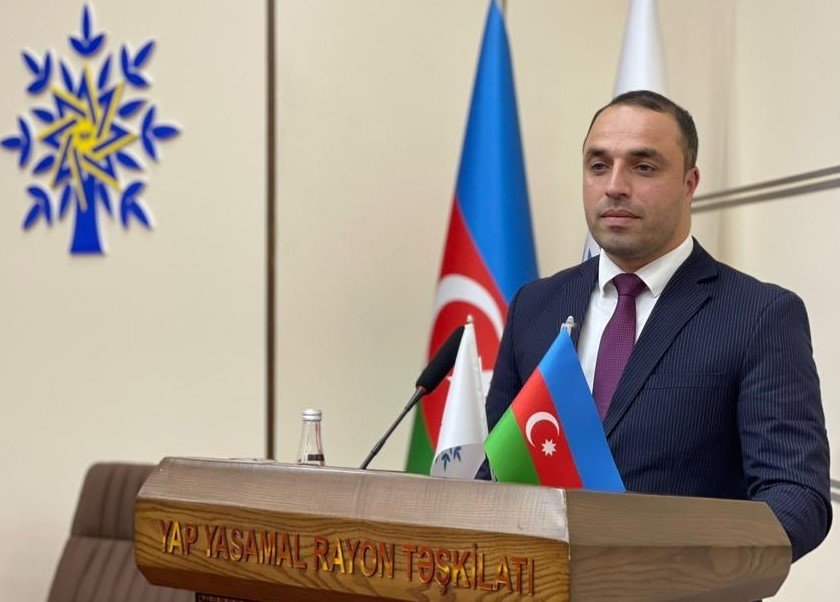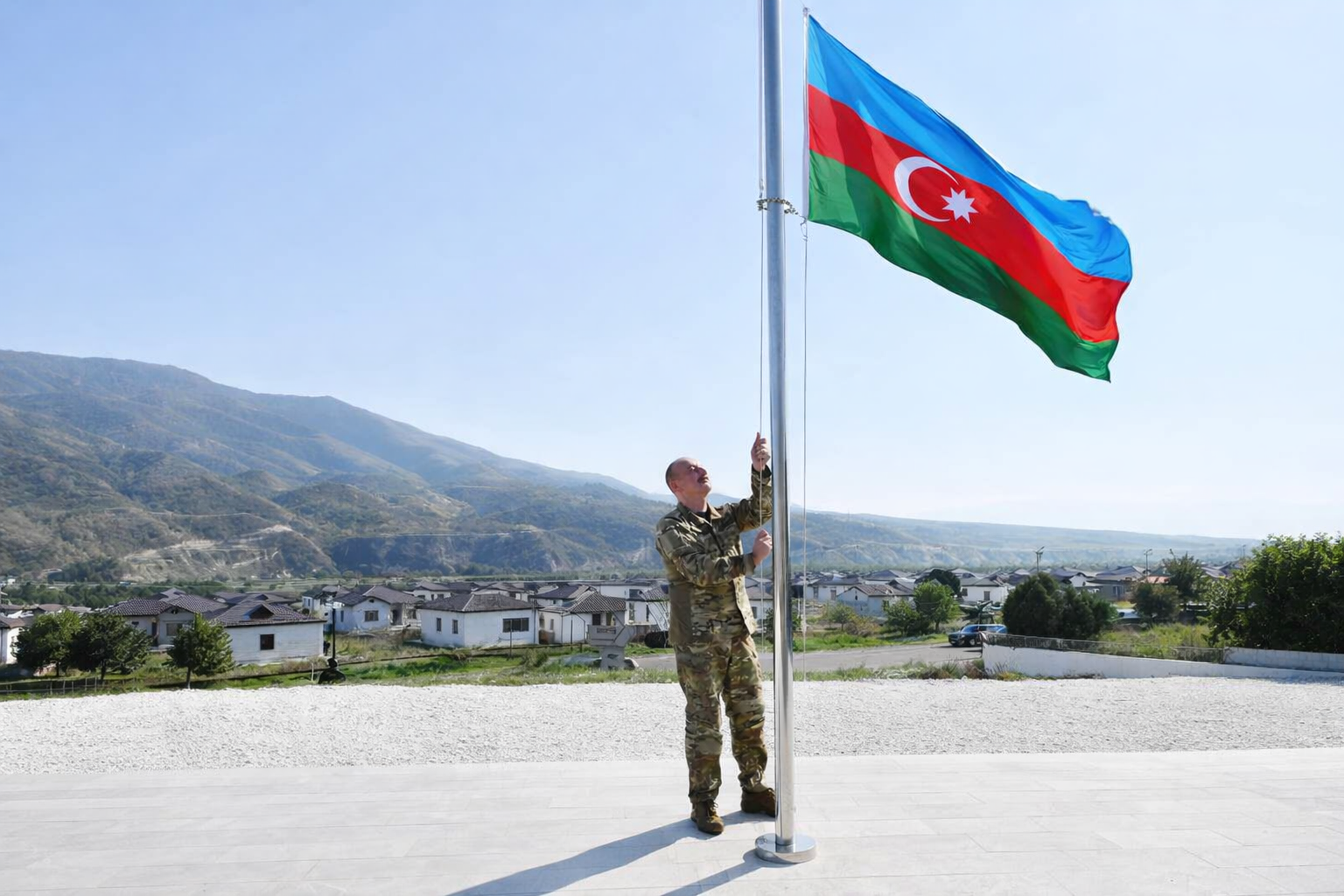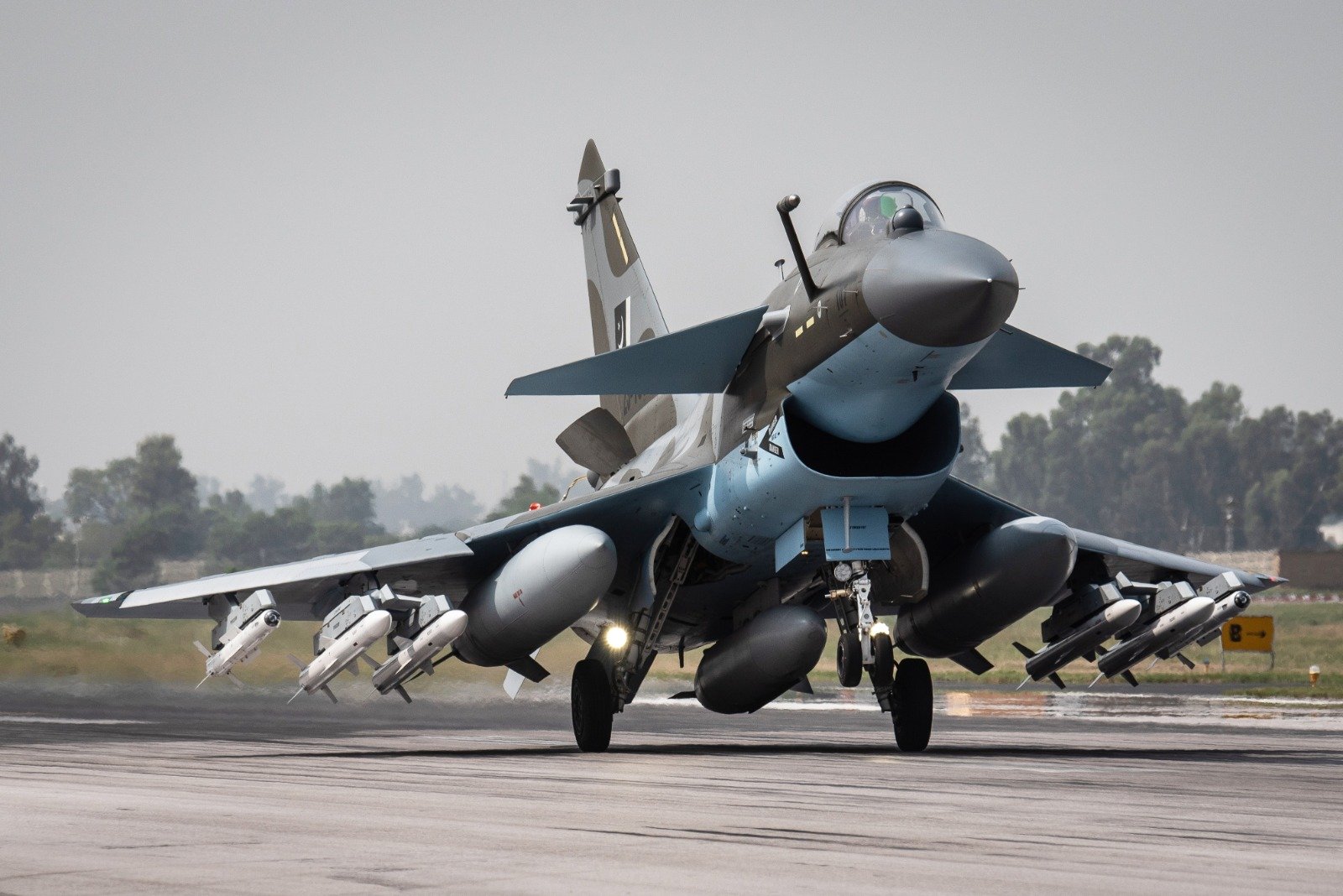On May 28–29, Tashkent hosted a pivotal meeting involving representatives from the railway authorities of Uzbekistan, Kyrgyzstan, Turkmenistan, Azerbaijan, Georgia, and Turkey, focusing on the development of freight transportation along the CASCA+ transport corridor. This gathering underscored Uzbekistan’s initiative to establish a consortium for coordinating activities within the CASCA+ transport corridor, aimed at enhancing regional connectivity. The officials discussed several key projects essential for the development of the CASCA+ corridor, with Uzbekistan Railways proposing the establishment of a consortium to streamline and coordinate efforts across participating nations.
The CASCA+ initiative, a collaborative effort by the state railway authorities of Azerbaijan, Georgia, Kyrgyzstan, Turkmenistan, Turkey, and Uzbekistan, spans three critical regions: Central Asia (Kyrgyzstan, Uzbekistan, and Turkmenistan), the South Caucasus (Azerbaijan and Georgia), and Anatolia (Turkey). The “+” in CASCA+ symbolizes the initiative’s openness to new participants interested in leveraging the route for transportation, with the ultimate goal of aiming to bridge Central Asia, the South Caucasus, and Anatolia, thus enhancing connectivity between China and Europe.
Additionally, the proposal included setting up a system for the transportation of perishable goods, such as fruits and vegetables, in refrigerated containers along the corridor, along with creating an online monitoring system to track the location and status of wagons and containers. This initiative aims to improve the efficiency and reliability of freight transport, ensuring that perishable goods reach their destinations in optimal condition.
The leadership of Uzbek Railways has been instrumental in advocating for the formation of a consortium to oversee and coordinate freight transport activities along the CASCA+ corridor. A significant milestone in this project’s progress was the arrival of the first container block train in Baku at the end of 2022. Moreover, plans were announced in March to establish a joint project company for constructing the China-Kyrgyzstan-Uzbekistan railway, with work expected to commence in October 2024.
The Uzbek delegation’s proposals at the meeting included not only the transportation of perishable goods in reefer containers but also the implementation of an online system to monitor the real-time location of wagons and containers, ensuring greater transparency and efficiency in freight movement. The strategic initiative has garnered significant interest and support, reflecting a shared commitment among the involved countries to develop and utilize this crucial transport corridor.
Various projects essential for the corridor’s development, including the transportation of perishable goods in refrigerated containers and the creation of an online system for monitoring wagons and containers, will be enhanced. One of the primary objectives of the CASCA+ route is to ensure transport connectivity among regions. A notable event in this context was the dispatch of a container block train from Uzbekistan to Bulgaria in December 2022, covering over 4000 km and consisting of 46 wagons and 91 units of 20-foot containers.
The potential of the CASCA+ corridor is to facilitate regular container trains on this route, with the goal of increasing the volume of container shipments to 30,000 containers per year. The central theme for the activation of the CASCA+ transport corridor is to strengthen international cooperation among logistics structures and foster the exchange of experiences among participating countries to realize the transport potential across road, sea, rail, and air transport.
Regional countries will benefit from diverse trade, economic, and investment relations with external partners while prioritizing regional cooperation without reliance on any single external power. This balanced approach aims to enhance regional solidarity and coordination, which are crucial for economic development and promoting the region’s overall prosperity through regional links.
Uzbekistan’s role in Regional Cooperation
President Shavkat Mirziyoyev’s proactive role in enhancing socio-economic connections has positioned Uzbekistan as a significant global player. The country’s commitment to sustainable development and the revival of interregional harmony align with President Mirziyoyev’s overarching policy, reinforcing Uzbekistan’s status as a potential stakeholder in regional cooperation and peace. Uzbekistan’s efforts to host international events and conferences reflect its dedication to positive regional integration, contributing to the nation’s growing influence and importance on the global stage.
Moreover, Uzbekistan’s strategy emphasizes maintaining balanced and friendly relationships with major powers while fostering regional cooperation. This approach ensures that Central Asia remains a vital player in global geopolitics, capable of addressing common challenges through a collaborative and forward-looking spirit. The region’s enhanced cooperation and coordination are pivotal for maximizing its transport and economic potential, ultimately benefiting all participating nations.
The CASCA+ corridor exemplifies the region’s commitment to enhancing connectivity and fostering economic growth. Uzbekistan’s leadership in proposing and developing this initiative highlights its strategic vision for regional development and integration. As the CASCA+ project progresses, it promises to significantly boost trade and transportation links between Central Asia and South Caucasus, contributing to the region’s long-term prosperity and stability.

Executive Director, Pakistan Research Center for a Community with Shared Future (PRCCSF).











